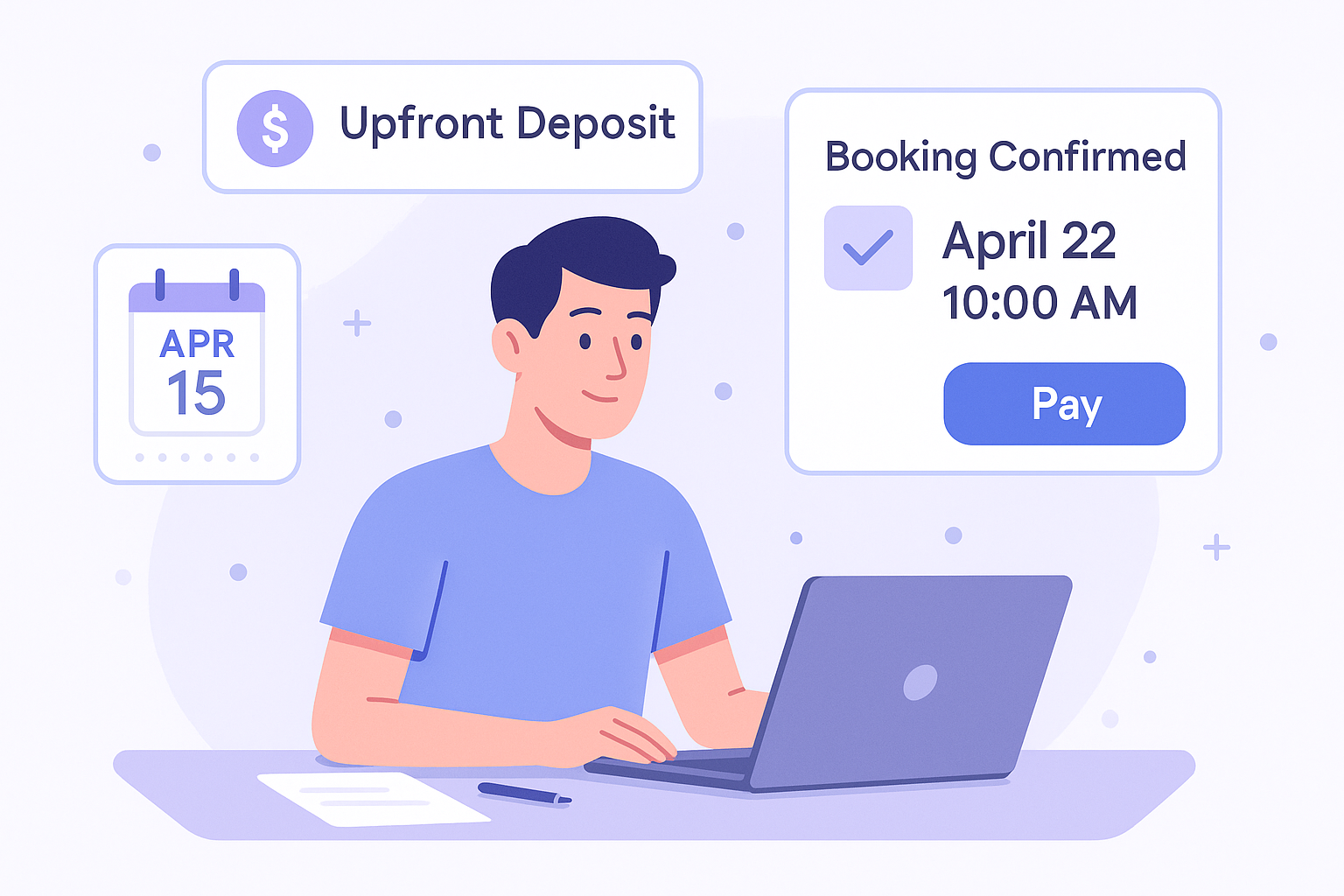


First of all, don't despair. There is always a solution. Read on!
When times get tough and the economy takes a downturn, making extra money can seem like a challenge. But with some creativity and resourcefulness, there are still plenty of opportunities to boost your income. Whether you’re looking to make a little extra cash on the side or start a new career path, here are five different ways to make money in a bad economy.
1. Freelancing: Use Your Skills to Earn
One of the most accessible ways to make money is by offering your skills as a freelancer. Whether you're good at writing, graphic design, web development, marketing, or even administrative tasks, there's always demand for skilled workers in various industries. Platforms like Upwork, Fiverr, and Freelancer make it easy to connect with clients looking for specific skills.
While these are freelancer marketplaces, they do decrease the value of your talent due to competition. Private freelancer platforms are much more lucrative in this regards. With Schemon you are able to have your own "private freelance design house", known only by your clients. You don't risk loosing your clients to other freelancers because this is not a marketplace.
Start by assessing your abilities and creating a portfolio that showcases your best work. You can begin with small projects, build your reputation, and gradually increase your rates as you gain experience and positive reviews. Freelancing is flexible, allowing you to work as much or as little as you want, which makes it a great side hustle or full-time endeavor.
You can contact your prospective clients through Schemon and use it to provide professional freelancing services by:
- Communicating with your prospective clients to get requirements.
- Keeping your conversations recorded for reference so that no details are missed.
- Schedule any future meetings and manage the schedules automatically.
- Share documents back and forth. Also send your completed work.
- Get payments from your clients.
It is that easy.
2. Sell Products Online
E-commerce has boomed in recent years, and the barrier to entry is lower than ever. If you're crafty, have an eye for design, or even good at curating vintage items, you can set up an online store with platforms like Etsy, eBay, or Shopify.
For those without a product to sell, dropshipping is another viable option. With dropshipping, you can sell products from suppliers without holding any inventory. You simply act as the middleman—when a customer buys a product from your online store, the supplier ships it directly to them. This reduces upfront costs and risk, making it ideal for new entrepreneurs.
If you want to provide services with something more than a standard online shop, in other words higher value added services, you can use Schemon for this:
- Getting orders from your customers by communicating with them thourgh text/video chat.
- Getting payments for the products.
- Handling invoicing and all the other details.
- Doing post-communication with customers.
3. Remote Tutoring or Teaching
The demand for remote learning has surged over the past few years, and it’s not just limited to traditional academics. If you're an expert in any field—whether it’s mathematics, a language, coding, or even music—you can make money by tutoring or teaching online. Platforms like VIPKid, Outschool, and Chegg Tutors allow you to connect with students who need your expertise. The problem with these marketplaces is that your students might choose other tutors and you can loose your students fairly easily.
You can also create and sell online courses. Once your course is created and published, it can provide passive income as people purchase and take it over time. The best part is that it’s a scalable option, meaning you can teach hundreds or thousands of students without putting in additional hours.
You can provide tutoring services with Schemon by:
- Scheduling tutoring sessions with students.
- Teaching through 1:1 video chats.
- Sharing recordings of sessions.
- Sending and receiving files, homework and similar.
- Getting payments for tutoring services or purchased tutoring videos.
4. Gig Economy Jobs
The gig economy offers a variety of short-term or flexible jobs that can help you earn money on the side. If you enjoy driving, consider working with Uber or Lyft. If you prefer deliveries, DoorDash, Postmates, and Instacart offer on-demand delivery jobs. These gigs allow you to set your schedule and work as much or as little as you need.
For those who don’t want to drive or deliver, platforms like TaskRabbit and Thumbtack offer opportunities to perform handyman work, cleaning, assembling furniture, or running errands for others. These services are in demand, especially as people seek convenience during challenging economic times.
If you want to provide more private services, not over these marketplaces, you can invite your prospective clients to your Schemon channel and provide services by:
- Communicating with them professionally online and gathering their requirements. Do they need some party services? Do they need specific catering for an event? People do like to communicate.
- Scheduling the timing of your services and let your clients manage the schedules as they wish.
- Getting payments for your services from your clients.
5. Investing in the Stock Market or Cryptocurrency
While investing may seem risky in a volatile economy, it’s still one of the most powerful ways to build wealth. With careful research and planning, you can start investing in stocks, ETFs, or cryptocurrency. Many platforms like Robinhood, E*TRADE, and Coinbase offer user-friendly apps that allow beginners to start investing with small amounts of money.
If you’re unsure where to start, consider low-cost index funds or robo-advisors like Wealthfront or Betterment that automate investments based on your risk tolerance and financial goals. While it’s important to approach investing cautiously, this can be a great way to grow your savings and even create a source of passive income over time.
Conclusion
Making money in a bad economy may seem daunting, but there are plenty of opportunities if you're willing to think outside the box. Whether it's freelancing, starting an online business, teaching, or participating in the gig economy, you can find a side hustle or full-time gig that suits your skills and lifestyle. Remember, adaptability and persistence are key during tough economic times, and these creative solutions can help you weather the storm while securing your financial future.
While marketplaces provide a very competitive environment, private platforms such as Schemon help you out by giving you the ability to provide a private, specialized and value added premium service.











